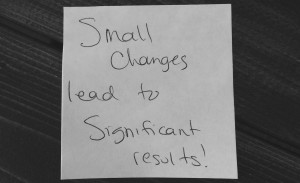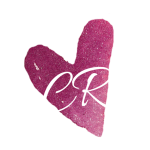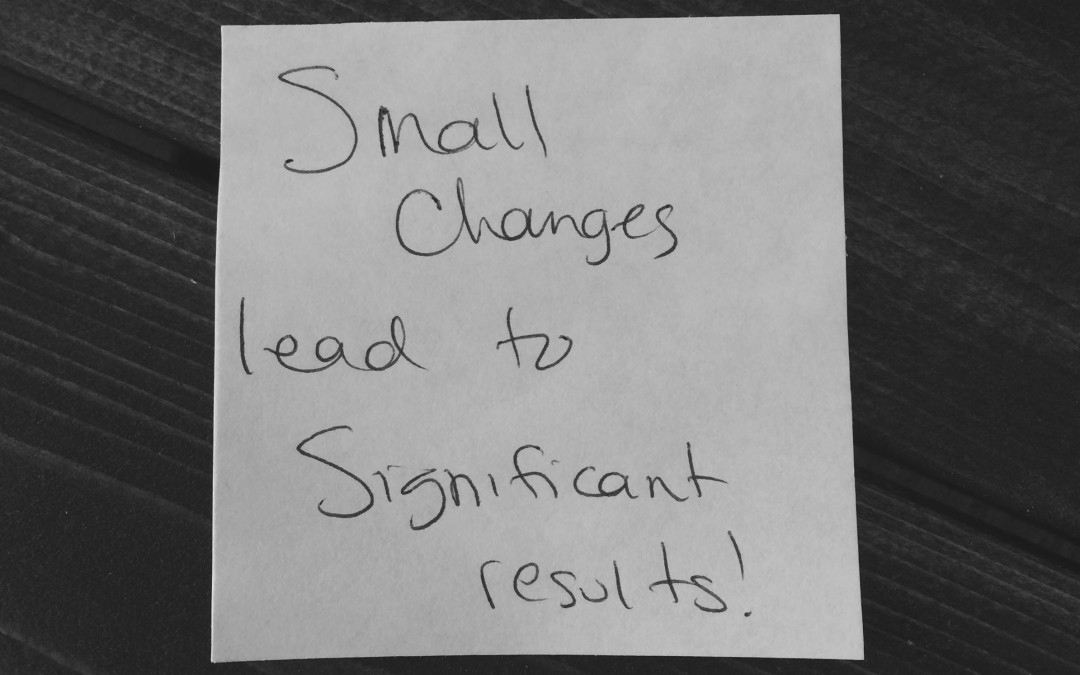In 2008, when I was at the height of my compassion fatigue, near burnout, my health was a hot mess.
I lived off of coffee and frozen dinners with pop and chocolate bars getting me through the day, before collapsing on the couch the minute I walked in the door.
I did very little physical activity and rarely saw friends or family. I had zero energy to care about anything, including my own health.
When I learned about compassion fatigue, and decided I wanted to find a way to recover, I knew that I had to look at recovery from different angles.

First, I had to learn how to be with my clients in a way that kept me protected emotionally.
Then I knew I had to address my physical health. I decided to create my own health care team. And because healthcare practitioners can be expensive, I decided to get support in different ways.
I knew that I needed face-to-face time with a Naturopathic Doctor who could help me focus on getting to the root cause of my MANY ailments.
I also knew that I would need face-to-face time with a chiropractor and massage therapist to help me deal with the physical pain and stress that I was carrying each day.
I also wanted to make changes to my exercise routine, my eating habits, and my spirituality practice.
I decided on self-directed learning for the last three areas.
Now when I teach other people how to recover from compassion fatigue, the issue of cost always comes up, because let’s face it, helping professions rarely make six figure salaries.
Today I will teach you seven ways you can improve your health, without spending money!
1) Free online classes and webinars. There are so many great healthcare practitioners online who offer evidence-based information free of charge. Often these classes are introductory classes that will give you information to get started on your journey. They often have blogs with additional information and can provide you with a list of resources for your own self-directed learning. I do this:)
2) Libraries. The number of books on health and natural healing amazed me. I chose the library to find books on nutrition and cooking.
3) Meetup groups. If you’ve been wanting to learn more about a health topic or to find support as you focus on a health goal, Meetup groups can often provide this for you. For five years I ate a plant-based, vegetarian diet. In the three different cities that I lived in, I found a meet up group for vegetarians and found it is a great way to connect with people who shared a similar lifestyle. Check out MeetUp.com
4) Apps. There so many apps that can help you focus on health, find a community, or teach you information. My favourite meditation app is called insight timer. Most mornings I use my insight timer app to time my meditation and when I’m finished I get to see how many other people around the world were meditating with me. Check out Insight Timer
5) Workplace health and wellness classes. Some organizations offer health and wellness classes during lunch hours or in the evenings. Or you may have an employee assistance program that may provide you with books or other resources if you are struggling with a certain issue. Check with your HR or benefits advisor to see what options you have.
6) Community health centres also offer a variety of free classes. A few years ago I worked in a community health centre and we offered free mindfulness meditation programming. I thought this was amazing because to purchase these this program usually cost between $500 and $600.
7) Your primary care physician may be able to offer you free classes. Depending on where you live your primary care physician may be attached to a larger organization that can provide supports around nutrition, medication, mental health, or physical activity.
I absolutely believe that there are times when we need to work with healthcare providers individually to get more intensive support during our journey to recovery.
I’ve paid to work with naturopathic doctors, chiropractors, massage therapists, health coaches, a dietitian, an acupuncturist, a physiotherapist, reiki practitioners, mindfulness meditation teachers, and psychotherapists.
It took me a long time to value myself enough to put the time, money, and energy into me. I chose to invest in my health and wellness in a long-term, sustainable way.
I often think about the cost of self-care when I’m working on a new class, or program or book for social workers and health care providers.
I try to offer valuable information for free so that everyone can access evidence-based information about compassion fatigue, vicarious trauma, and burnout.
In addition to free trainings, I also offer different levels of online classes. I have my short 90 minute classes on various topics. I also have a six week, comprehensive online coaching program for compassion fatigue and burnout that will take place this fall.
Regardless of where you’re at in your own compassion fatigue journey, I hope that you can find support along the way. I hope that you too have gotten to a place where you feel that you deserve to put time, money and energy into your own health.
And if you feel like you haven’t even started your journey to recovery yet and you’re like I was – living off of sugar and caffeine with little physical activity and even less connection with loved ones – please know that you’re not alone and that even one step towards change matters!
You can do what I did. Take a Post-it and write “ small changes leads to significant results” on it. I kept that Post-it note in my purse for an entire year and I’m so glad that I never gave up.
Sending you good energy for the rest of the week as you make this world a better place.
Char

